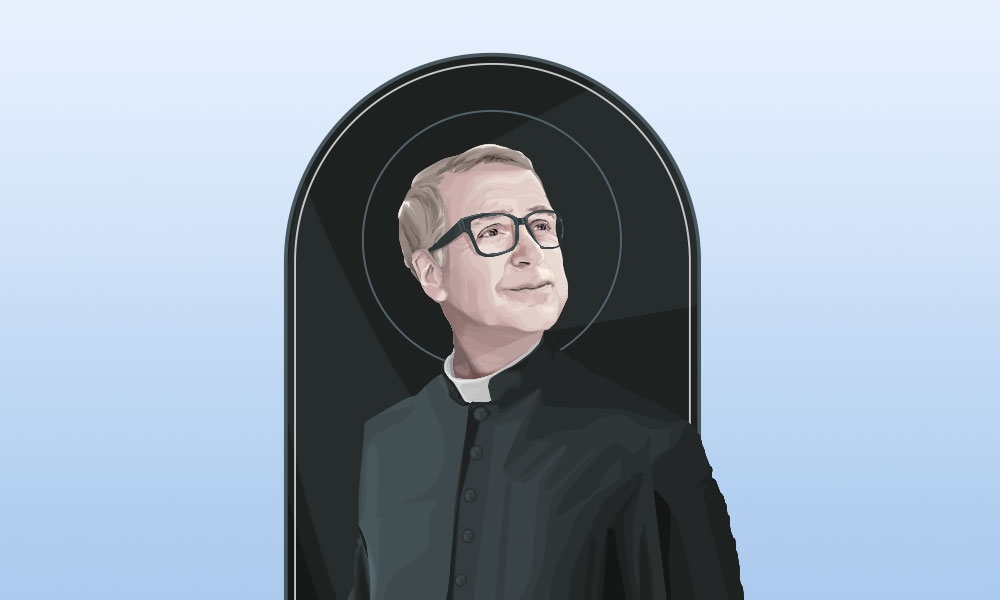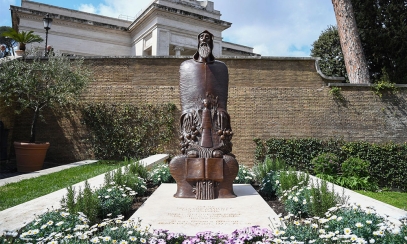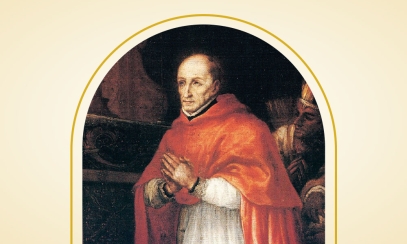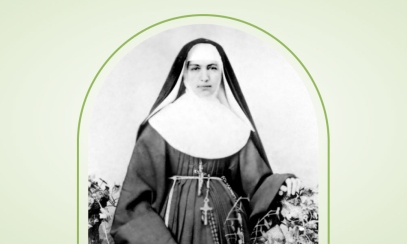
St. Josemaría Escrivá
Feast: June 26 | Founder of Opus Dei
Feast: June 26 | Founder of Opus Dei
A champion of the universal call to holiness, a Spanish priest born in 1902 spent his life helping the faithful pursue sanctity no matter their state in life – a mission that lives on today.
Josemaría Escrivá was one of six children, three of whom died in infancy. After his father’s business failed, his family moved from their home in Barbastro, Spain, to Logroño. Here, the sight of a monk’s bare footprints in the snow stirred the teenage Josemaría to pursue holiness by offering his life to God, and he went on to study for the priesthood. During his studies, he cultivated a Eucharist-centered prayer life and was deeply devoted to the Blessed Mother.
Josemaría founded Opus Dei just three years after his priestly ordination in 1925. His inspiration, received in prayer, was to establish an organization dedicated to serving the unmet spiritual needs of laypeople and helping them grow in holiness, especially through the sanctification of work.
The movement grew exponentially after the Spanish Civil War and World War II. Opus Dei received papal recognition in 1947, and successive popes further blessed and endorsed Josemaría’s faithful work. He especially welcomed the Second Vatican Council’s emphasis on lay spirituality and the universal call to holiness, a theme at the heart of Opus Dei’s mission. Advancing Opus Dei’s apostolic work kept Josemaría busy to the point of utter exhaustion, through which he smiled and persevered until he suffered a heart attack on June 26, 1975. He died while looking upon an icon of Mary hanging in his workroom.
Josemaría Escrivá was canonized by St. John Paul II on Oct. 6, 2002. Today, Opus Dei is a personal prelature (a group of clergy and laity with a hierarchical structure associated with the Church), and has grown to more than 90,000 members across 66 countries. St. Josemaría Escrivá’s most notable work, The Way, has sold more than four and a half million copies in 43 languages.



